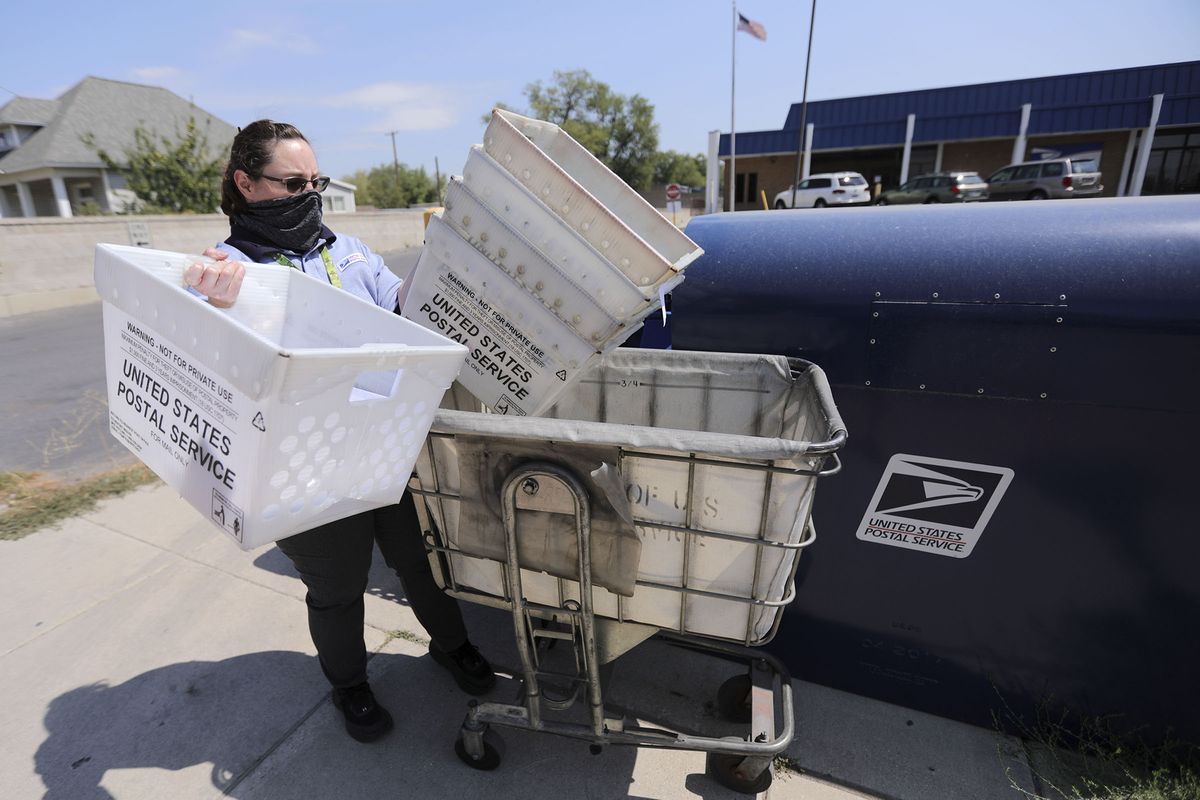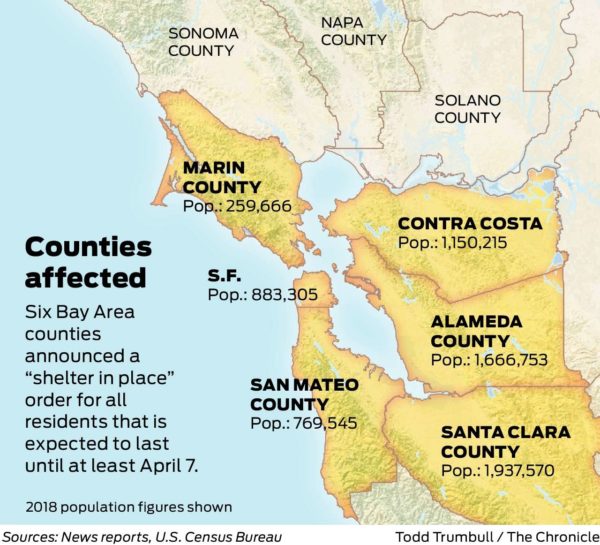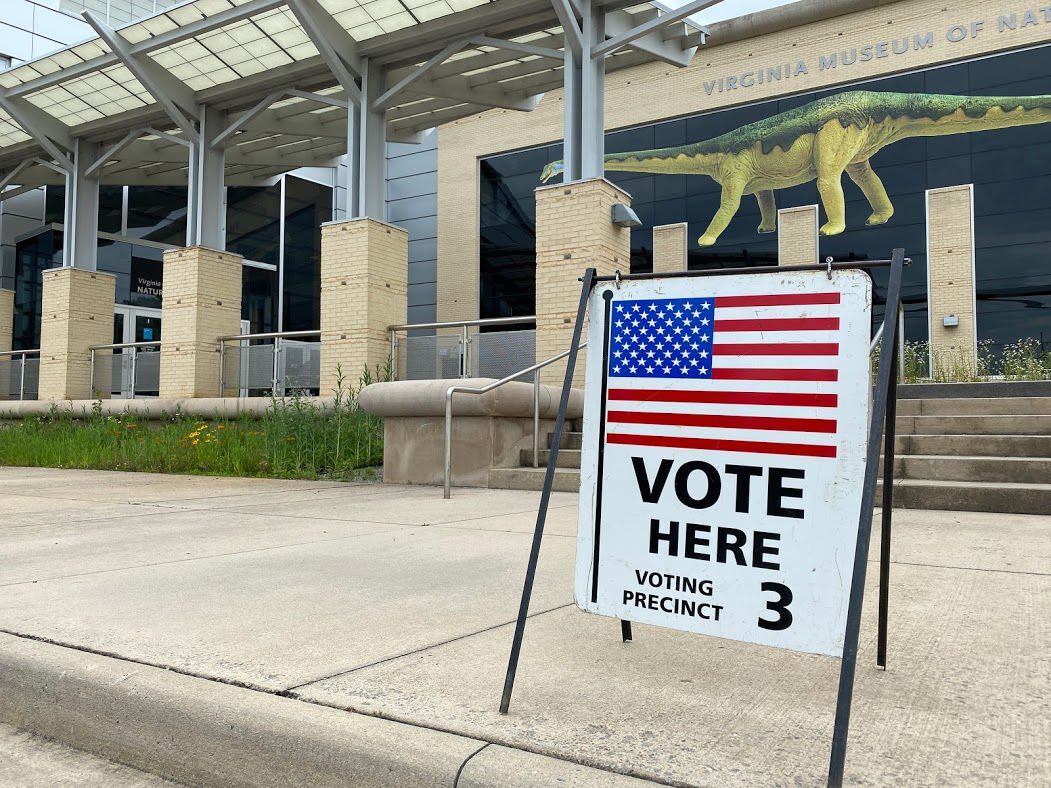Filed under:
Utah’s long history with voting by mail shows fraud isn’t an issue
SALT LAKE CITY — Reverberating from the national echo chamber is plenty of drama around the U.S. Postal Service and voting by mail. But Utah election officials say Utah’s nearly eight-year track record of voting by mail has positioned the state to have a reliable and secure 2020 election.
“We lead the nation in this,” Utah County Clerk/Auditor Amelia Powers Gardner said.
Gardner, a Republican who oversees elections in one of Utah’s most conservative counties, and other election officials in the state say the national debate around mail-in ballots, fraud and the Postal Service — starting with comments from President Donald Trump — has been aggravating because voting by mail is far from a new concept in the Beehive State, which began implementing mail-in ballots all the way back in 2012.
Even though she shares a political party with Trump, Gardner said she’s “very frustrated with our president” and worries his comments could erode the public’s confidence in the election process when states like Utah have for years conducted vote-by-mail elections with success.
“Anytime you undermine people’s confidence in election results without fact-based data, you’re actually undermining the integrity of our elections,” Gardner said.
As other states grapple with swiftly implementing universal vote-by-mail elections amid the COVID-19 pandemic, Utah is already ahead of the game. Showing a long and proven track record that voting by mail is not fraught with fraud — and showing long-established working relationships with local postmasters — Utah’s state and local election officials are confident there will be no issues or mailing delays for the 2020 general election.
“We’ve been talking with local post office officials and county clerks, and we’re confident we’ll be able to handle the volume,” Utah Elections Director Justin Lee said, regardless of recent attacks on the U.S. Postal Service. “That’s because we’ve done it before.”
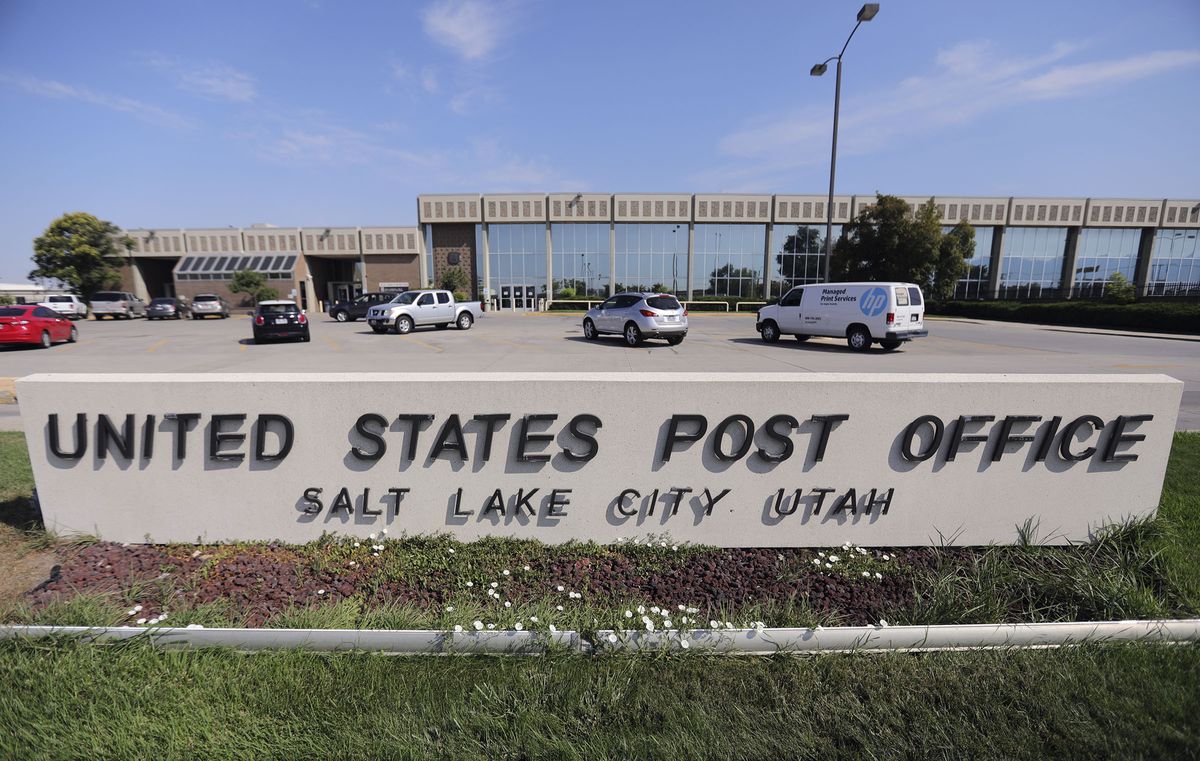
While post office officials urge election officials and voters to be mindful of the time it takes to deliver and process ballots — as well as being aware of important postmarking deadlines —they also expressed confidence this week that Utah’s post offices will be able to manage 2020 general election ballots without any major delays.
Amid growing concerns that sweeping Postal Service cost cuts could impact the 2020 election, new Postmaster General Louis DeJoy said Tuesday that he is suspending certain changes at the U.S. Postal Service until after the election in order to “avoid even the appearance of any impact on election mail.”
DeJoy’s move came as at least 20 states planned to file lawsuits this week against the Postal Service and DeJoy, seeking to stop his changes that prompted widespread reports of delays and accusations of efforts to disrupt the election and prevent voters from mailing their ballots this fall.
Fraud and mail-in ballots
Utah has shown mail-in ballots are a secure and reliable form of voting that would be very difficult to manipulate on a large-scale basis, Gardner said.
Given Utah’s track record on voting by mail, Gardner said Utahns “can have confidence in our election.”
The state’s experience with voting by mail has shown it’s no different from other methods of voting when it comes to fraud. While fraud is not impossible, it’s very rare, Utah election officials say.
“We haven’t seen any kind of widespread instances of fraud,” Lee said.
Trump in a series of tweets last month called mail-in voting a “catastrophic disaster,” accused Democrats of knowing it’s “an easy way for foreign countries to enter the race,” and floated the idea of delaying the election.
“With Universal Mail-In Voting (not Absentee Voting, which is good), 2020 will be the most INACCURATE & FRAUDULENT Election in history,” Trump tweeted on July 30. “It will be a great embarrassment to the USA. Delay the Election until people can properly, securely and safely vote???”
In Utah and other states, there’s virtually no difference between absentee voting and voting by mail, other than by-mail ballots are a more permanent and automatic form of absentee voting. For over a century, Americans absent from their home states — for reasons that include serving in the military — have been able to cast an absentee ballot by mail if they request it. The difference is, in an all vote-by-mail election, voters don’t have to request an absentee ballot. As long as they’re a registered voter, they’re automatically mailed one.
Utah, one of the most Republican states in the country, is one of just five — along with Colorado, Hawaii, Oregon and Washington — that conduct elections primarily by mail. Utah started holding some by-mail elections in 2012, giving the state years to transition to the system.
An investigative reporting project cited recently by a University of California law professor in a Washington Post op-ed found 491 cases of fraud nationwide among absentee ballots between 2000 and 2012.
That’s “during a period in which literally billions of votes were cast,” professor Richard L. Hasen wrote.
Unlike today’s national climate, voting by mail hasn’t been a political issue in Utah. Both Republican and Democratic leaders in the state are proponents of the method — which has been shown to increase turnout, and not for one particular party.
Studies have never found that making voting easier through early voting, same-day registration or voting by mail has favored one party over another, although the research has confirmed that mailing ballots to all voters does increase turnout across the board.
“I don’t think it’s the boogeyman that Donald Trump and Republicans are making it out to be,” Amelia Showalter, a data scientist who has studied voting by mail’s impact on elections in Utah and Colorado, told the Deseret News in April. “It’s just a method of increasing civic participation, basically.”
Lt. Gov. Spencer Cox, whose office oversees elections in Utah, tweeted after Trump’s suggestion last month that the November election be delayed, said there was no need for delaying the election. Other Utah politicians, including Sen. Mitt Romney, maintain that the election should be held as scheduled.
“While no system is perfect, Utah is a model of showing vote-by-mail can be successful and secure. We are happy to advise and assist other states (and we have) to make sure there is no reason to delay a general election,” Cox tweeted.
Cox, who is vying to become Utah’s next governor and won the state’s GOP gubernatorial primary, told the Deseret News last month that other states also work hard to prevent and detect fraud. “Elections officials take their jobs very seriously and want to do everything possible to prevent fraud from happening,” he said.
Cox also said he’s “glad we don’t have to (establish voting by mail) in a few months,” like other states are now having to do across the country.
Processing ballots
After this year’s primary election results were finalized, Utah was one of only five states to get an “A” grade in a recent Brookings Institution report on voting during the coronavirus pandemic.
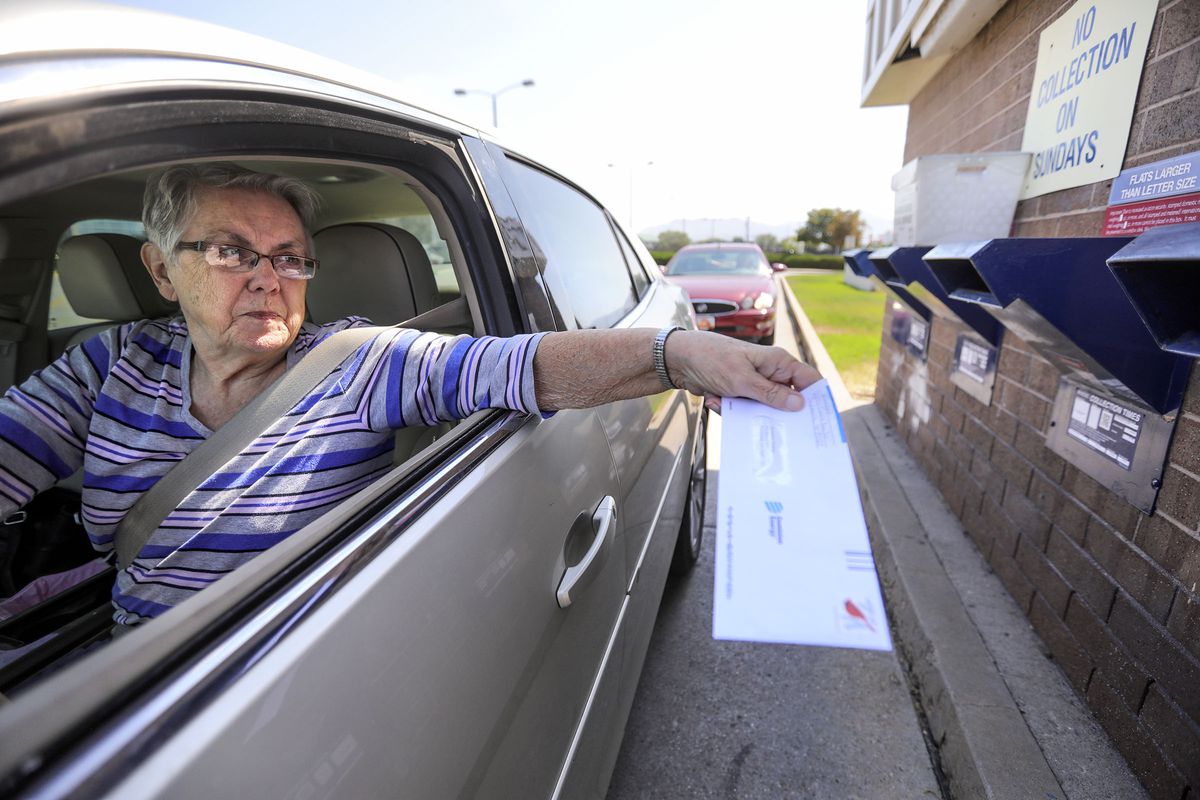
In Utah County, Gardner said she hasn’t noticed a major erosion of confidence in voting by mail based on the president’s comments.
“The same people that didn’t like vote by mail before don’t like it now,” she said. “But most people in Utah County recognize we in Utah do a good job with vote by mail, and they enjoy it.”
In Utah County and Salt Lake County, Gardner said there has not been a single prosecuted case of vote-by-mail fraud.
“And we’ve looked,” she said.
Salt Lake County Clerk Sherrie Swensen, a Democrat whose office is tasked with processing ballots in Utah’s most populous county, will happily describe the meticulous, step-by-step process her offices uses to process and verify mail-in ballots.
Each ballot is given a unique ID number and voter history is tracked, preventing duplicate votes. No matter what method — in person or by mail — no voter can vote twice, and if they try, the duplicate vote will be spoiled.
“So when I hear these ideas that anyone could be printing ballots in their living room and Russians could be printing ballots, it’s ridiculous,” Swensen said, laughing. “Because it would never pass through our system.”
Of course, Swensen said fraud can happen, but it’s no more of a problem with vote-by-mail ballots than it is with ballots cast at a polling place. Swensen said her office also hasn’t found any criminal cases of fraud in voting by mail. More than often, she said “we get situations where people think it’s OK to sign their kids’ ballots,” but clerks quickly catch it and notify parents that it’s illegal.
“The president makes it sound like just anybody can produce a ballot and a ballot packet … and we’re just going to go, ‘Yeah, this is good, we’ll take it.’ It’s ridiculous,” Swensen said.
“It doesn’t work that way. It’s very precise. … I’ve worked with enough other counties, and they’re just not going to accept any weird ballot that shows up.”
Gardner, too, said fraud is no more prevalent in voting by mail than any other method.
“The fact of the matter is it’s just like any other method of voting,” Gardner said. “If you do in-person voting poorly, it’s a nightmare. If you do vote my mail poorly, it’s a disaster. You do it well, and you restore integrity and security in our elections.”
On all of the national fervor over voting by mail, Gardner said to “keep in mind that national debate is national debate.”
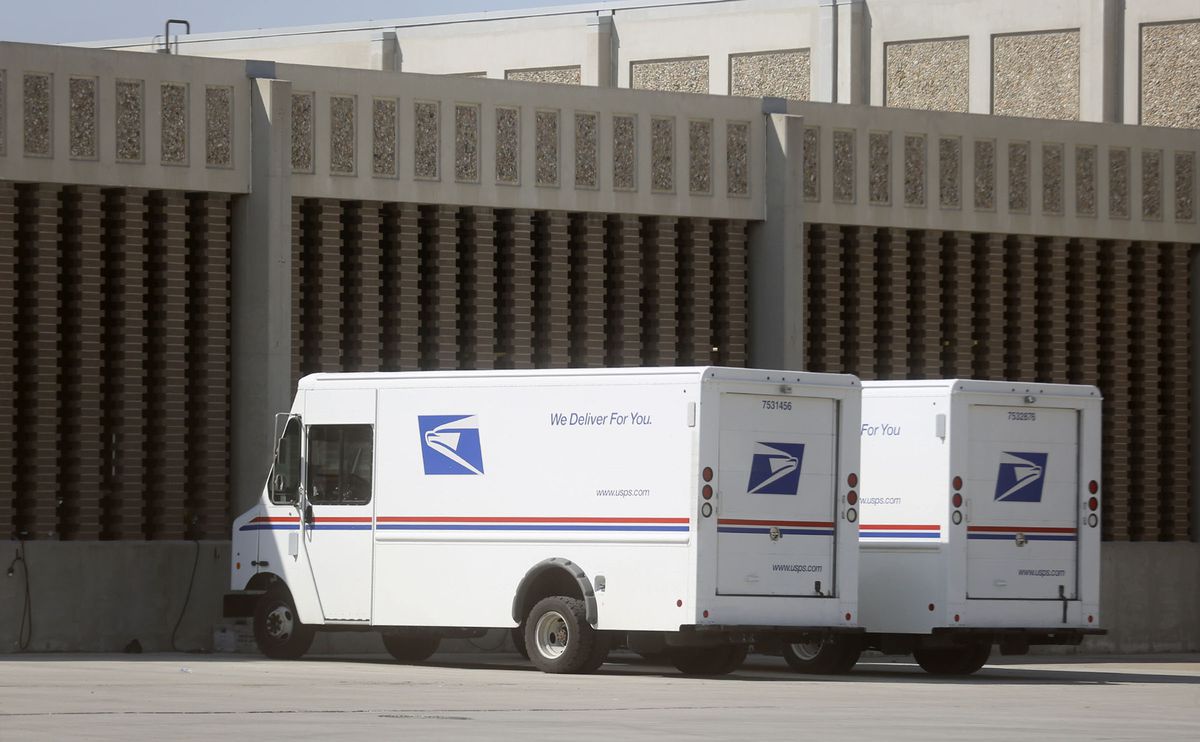
“Utah is very different than New York, very different from Florida, and if you want to know how things are done here, contact your local clerk,” she said, urging voters to ask questions about the process if they have any doubts.
“The beauty of how elections are run in this country is all elections are local. So if someone screws up in New York or Florida or Ohio, it doesn’t affect your vote here in Utah. And that’s the beauty of our system.”
Postal Service delays?
Controversy over Trump’s moves on the U.S. Postal Service has taken the nation by storm as critics worry budget cuts would impede voting by mail in a year when the world is still gripped by a pandemic and by-mail ballots will be more crucial to Americans than ever before.
Last week, Trump frankly acknowledged he’s starving the U.S. Postal Service of money in order to make it harder to process an expected surge of mail-in ballots, which he worries could cost him the election, the Associated Press reported.
In an interview on Fox Business Network, Trump explicitly noted two funding provisions that Democrats are seeking in a relief package that has stalled on Capitol Hill. Without the additional money, he said, the Postal Service won’t have the resources to handle a flood of ballots from voters who are seeking to avoid polling places during the coronavirus pandemic.
“If we don’t make a deal, that means they don’t get the money,” Trump told host Maria Bartiromo. “That means they can’t have universal mail-in voting; they just can’t have it.”
Utah election officials say they aren’t worried about any mailing issues that could impact the general election — and that’s partly because there’s already an established working relationship with local postmasters.
“Counties in Utah already have existing relationships with their postmaster and with their post offices,” Gardner said. “And our postmasters and post offices understand vote by mail, they’re trained in vote by mail, they’ve been anticipating universal vote by mail, so they don’t see any disruptions.”
She said it may be a different issue nationally because other post offices are now having to learn how to implement vote-by-mail elections.
“We’re already used to it” in Utah, she said, adding that clerks can go pick up the ballots at the local post offices rather than waiting for them to be delivered.
“We really don’t see any disruption,” she said. “We were on the phone with our local postmaster just last week, and he saw no change in service. We expect no issues with our delivery.”
Local postal officials in Utah’s region say by-mail ballots only make up a fraction of their workload, and therefore the Postal Service shouldn’t have any trouble processing ballots, even if turnout is higher than in past years.
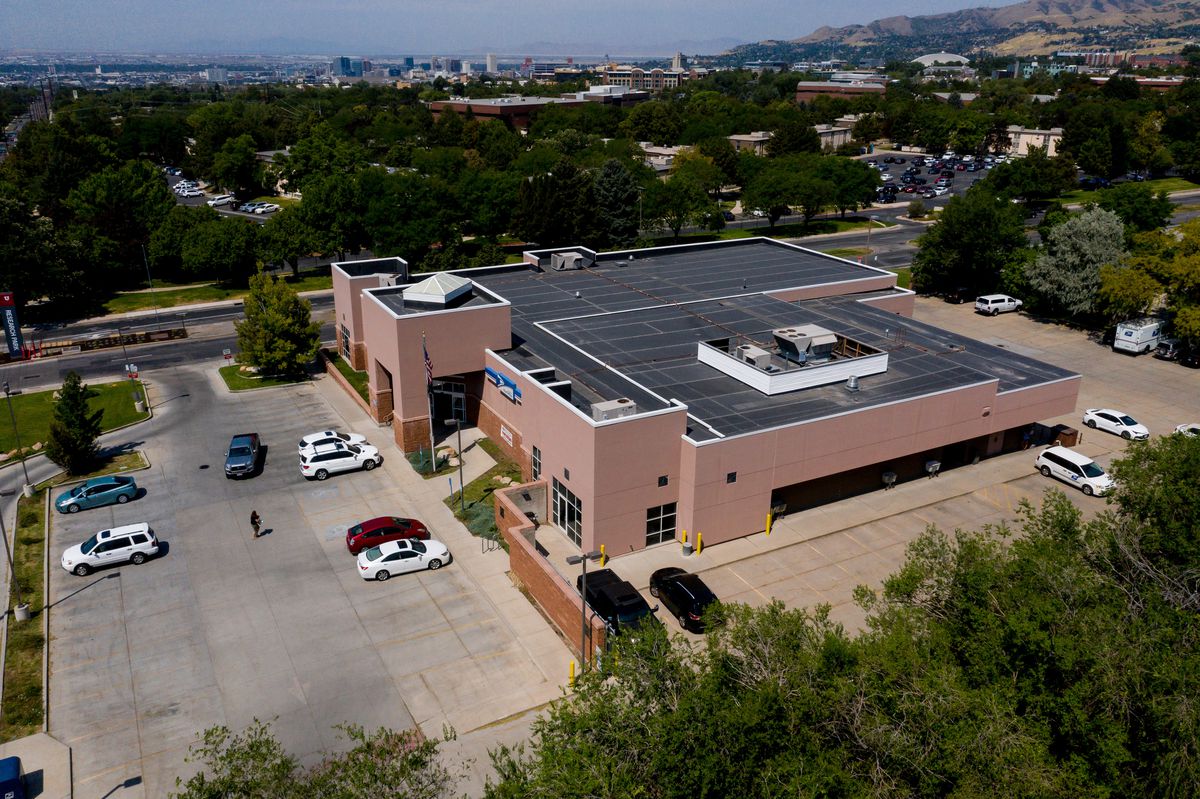
“To be clear, and despite any assertions to the contrary, we are not slowing down election mail or any other mail,” Floyd Wagoner, spokesman for the Western region of the U.S. Postal Service, said in a prepared statement sent to the Deseret News this week.
“Instead, we continue to employ a robust and proven process to ensure proper handling of all-election mail consistent with our standards,” Wagoner said. “The USPS has plenty of capacity in our network for election mail. We have the machines, people, transportation and capability to handle the mail similar to the holiday volume increases experienced throughout the year, including Christmas.”
Wagoner said the Postal Service remains “fully committed to fulfilling our role in the electoral process when public policymakers choose to utilize the mail as a part of their election system, and to delivering election mail in a timely manner consistent with our operational standards.”
However, Wagoner urged election officials and voters to be “mindful of the time that it takes for us to transport, process and deliver ballots” to voters, as well as the time it takes to collect ballots from mailboxes, process them and deliver them back to election officials.
“These delivery standards have not changed,” he said.
Voters who send their ballots back through the mail “must understand their local jurisdiction’s requirements for timely submission of absentee ballots, including postmarking requirements,” Wagoner said.
“In order to allow sufficient time for voters to receive, complete and return ballots via the mail, and to facilitate timely receipt of completed ballots by election officials, we strongly recommend that jurisdictions immediately communicate and advise voters to request ballots at the earliest point allowable but no later than 15 days prior to the election date,” Wagoner said.
For domestic and nonmilitary voters, Wagoner said the Postal Service recommends they mail their completed ballots back “at least one week prior to their state’s due date.”
Although previous Utah elections have required ballots be postmarked the day before Election Day, this year lawmakers changed that deadline to the day of the election.
Though no delays are expected, Gardner noted that if anyone is worried about their ballot being delivered on time, they can alway drop it off in one of the county’s secure drop box locations, where clerk’s office staff will be picking up the ballots.
Swensen said she has received a “barrage” of emails expressing concerns about vote-by-mail delays because of the national debate around the Postal Service.
“They’re worried,” she said. “It’s really frightening people.”
Amid those mail delay concerns, Swensen said some county clerks had asked state officials to explore running a bill in this week’s special session to widen the state-mandated deadline when ballots can be mailed to mailboxes from 21 days before an election to 28 days.
But Sen. Wayne Harper, R-Taylorsville, said after “thoroughly” investigating the issue, he said he doesn’t intend to include that provision in a bill he’s running in Thursday’s special session, which will include some changes to give local election officials more flexibility to do in-person voting, and outdoor voting requirements if there is a COVID-19 spike in the state.
But based on how successful Super Tuesday was — when over 90% of voters voted by mail across the state, according to Lee — and through conversations with other county clerks and local postmasters, Harper said they decided it isn’t needed.
“We looked at it,” Harper said. “We don’t see a need to change it. We did investigate it, but we don’t see a need.”
